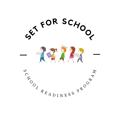What is School Readiness?
School Readiness is about the development of the whole child - their social, emotional, physical, communication and cognitive skills.
Social Skills
Social skills are a critical aspect of a child's development, especially when preparing them for school. Social skills refer to the ability to interact effectively with others and to navigate different social situations.
For a child, social skills may include skills such as sharing, taking turns, expressing emotions appropriately, listening and following directions, and showing empathy and respect towards others.
Developing strong social skills early on can help a child feel more confident and comfortable when interacting with their peers and teachers in a school setting. Additionally, having strong social skills can improve a child's ability to learn, as they will be better equipped to participate in group activities, ask questions, and collaborate with others.
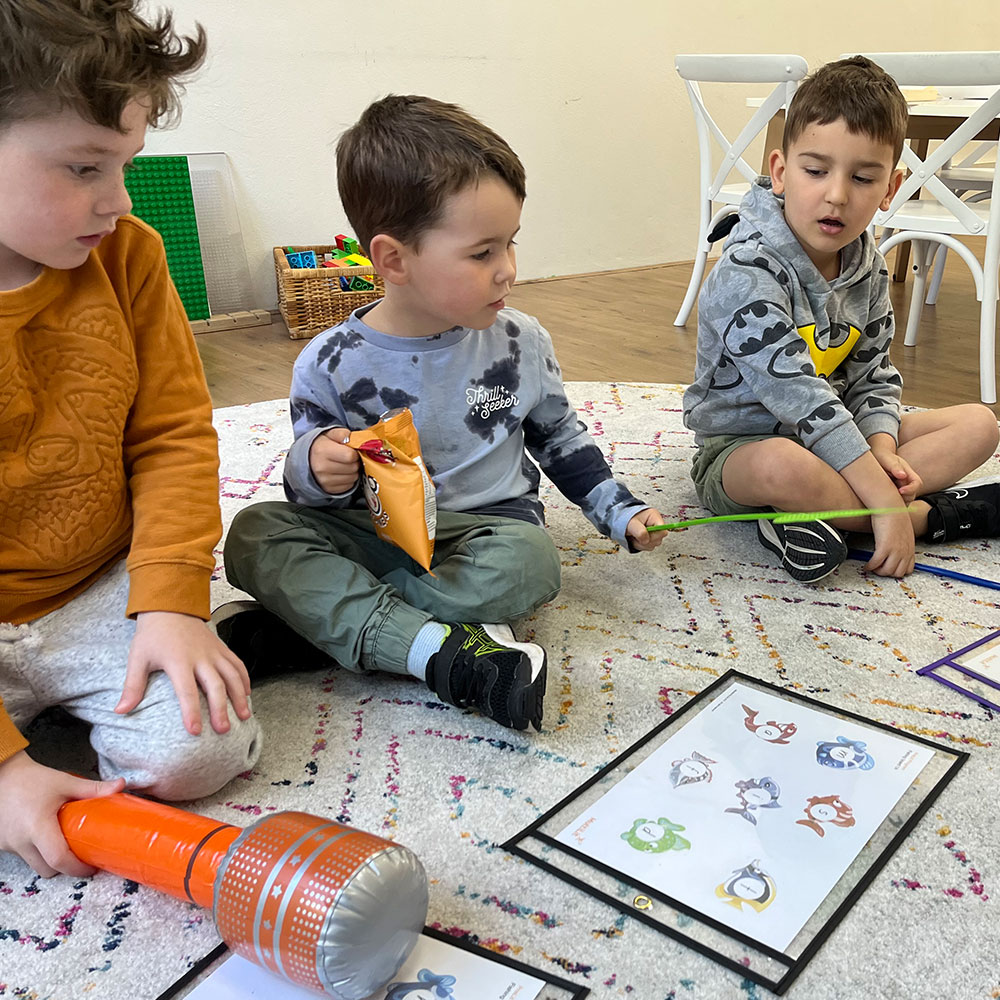
Emotional Maturity
Emotional maturity refers to a child's ability to understand, manage, and express their emotions in a healthy and appropriate way. When it comes to getting ready to start school, emotional maturity plays a crucial role in a child's success.
Emotionally mature children are better equipped to handle the challenges and social interactions that come with being in a classroom setting. They are more likely to be able to regulate their emotions, communicate effectively with their peers and teachers, and resolve conflicts in a positive manner.
Additionally, emotionally mature children tend to have a more positive attitude toward learning, which can lead to higher levels of engagement and academic achievement.
At Set for School, we can help their children develop emotional maturity by encouraging open communication, providing a supportive environment, and teaching them coping strategies for managing their feelings.
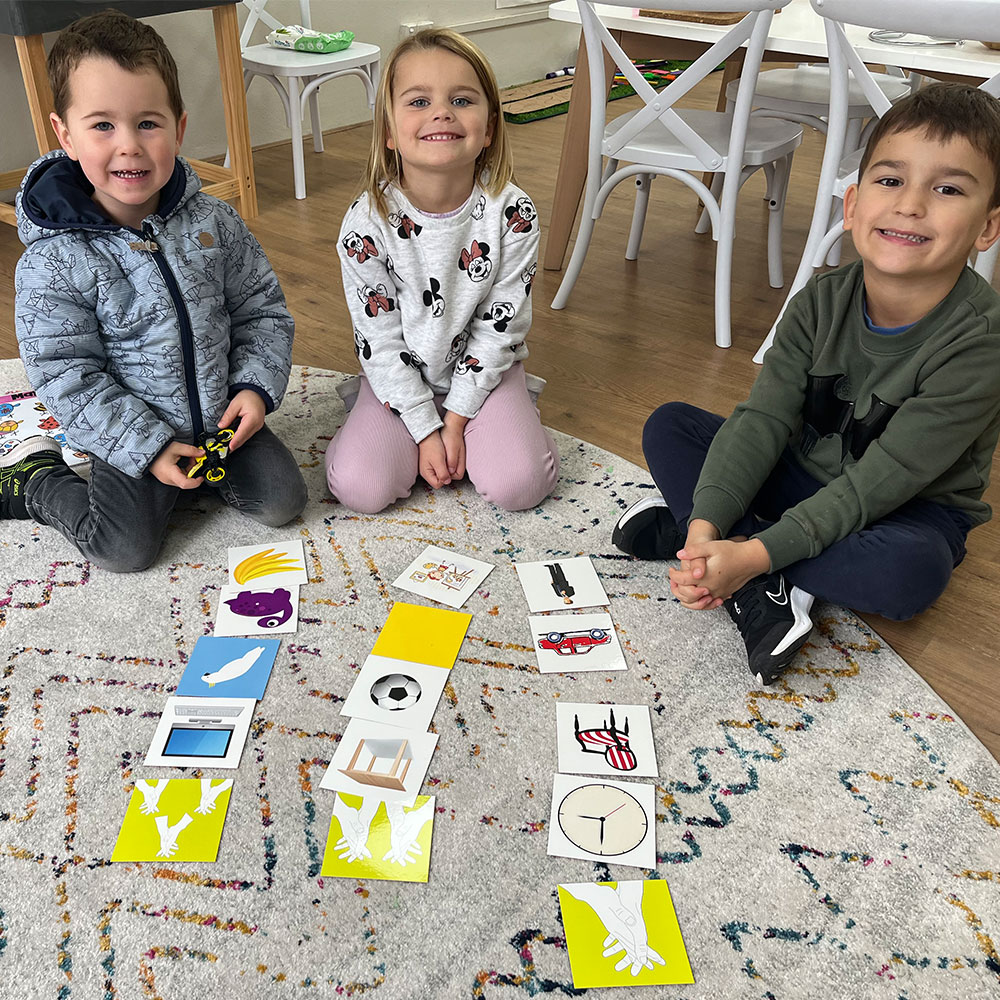
Language Skills
Language skills are crucial for a child to develop before they start school. They help children communicate effectively with their teachers and peers, understand instructions, and express their thoughts and ideas.
Some important language skills for children include vocabulary development, sentence structure, grammar, and pronunciation. Children who have strong language skills are more likely to succeed in school and have positive relationships with others.
To prepare children for school, during our sessions we encourage language development through activities such as reading books, singing songs, playing word games, and engaging in conversation. By promoting language skills early on, children are better equipped to succeed in school and beyond.
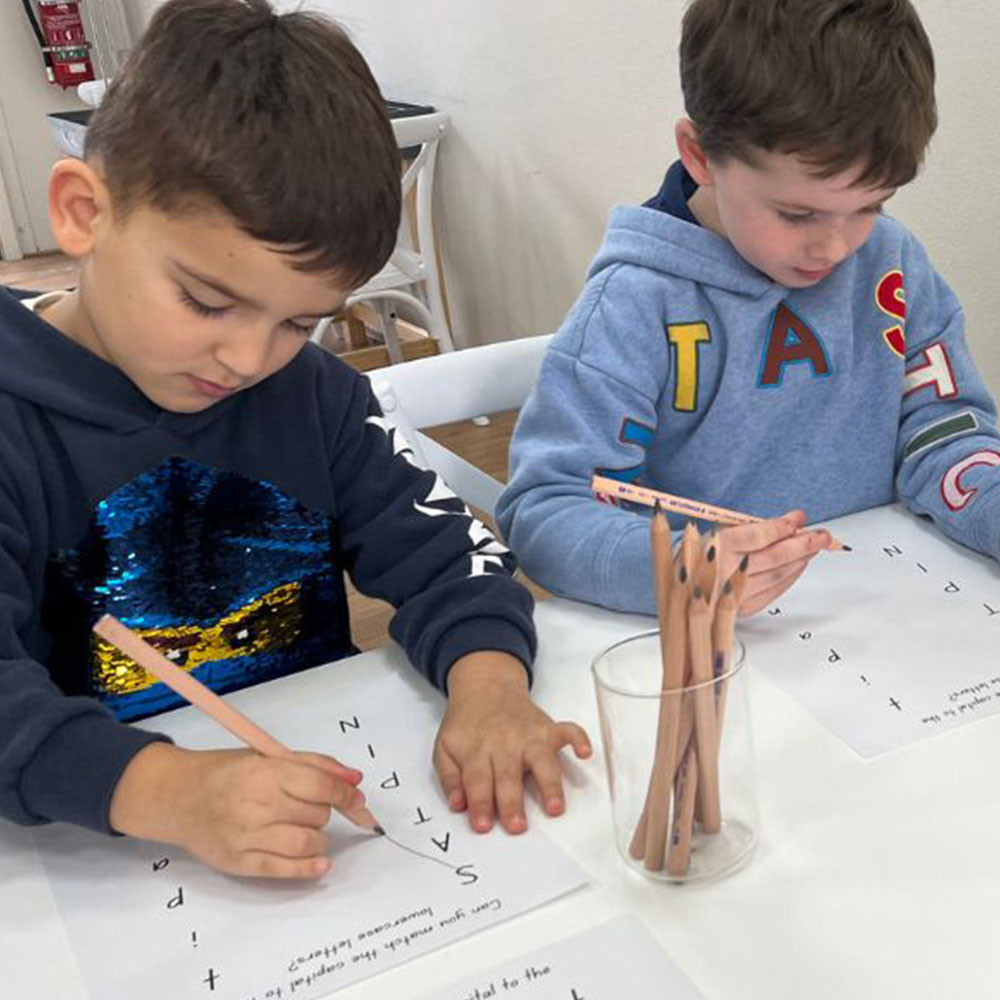
Cognitive Skills
Cognitive skills are essential for a child's readiness to start school as they form the foundation for learning and academic success. These skills include the ability to pay attention, remember information, solve problems, and think critically.
Children with well-developed cognitive skills are better equipped to learn new concepts, understand instructions, and engage in classroom activities. Additionally, these skills are important for developing social and emotional intelligence, such as empathy, self-awareness, and self-regulation, which are crucial for successful interactions with peers and teachers.
Therefore, providing opportunities for young children to develop cognitive skills is critical in preparing them for the demands of the school environment and for future academic success.
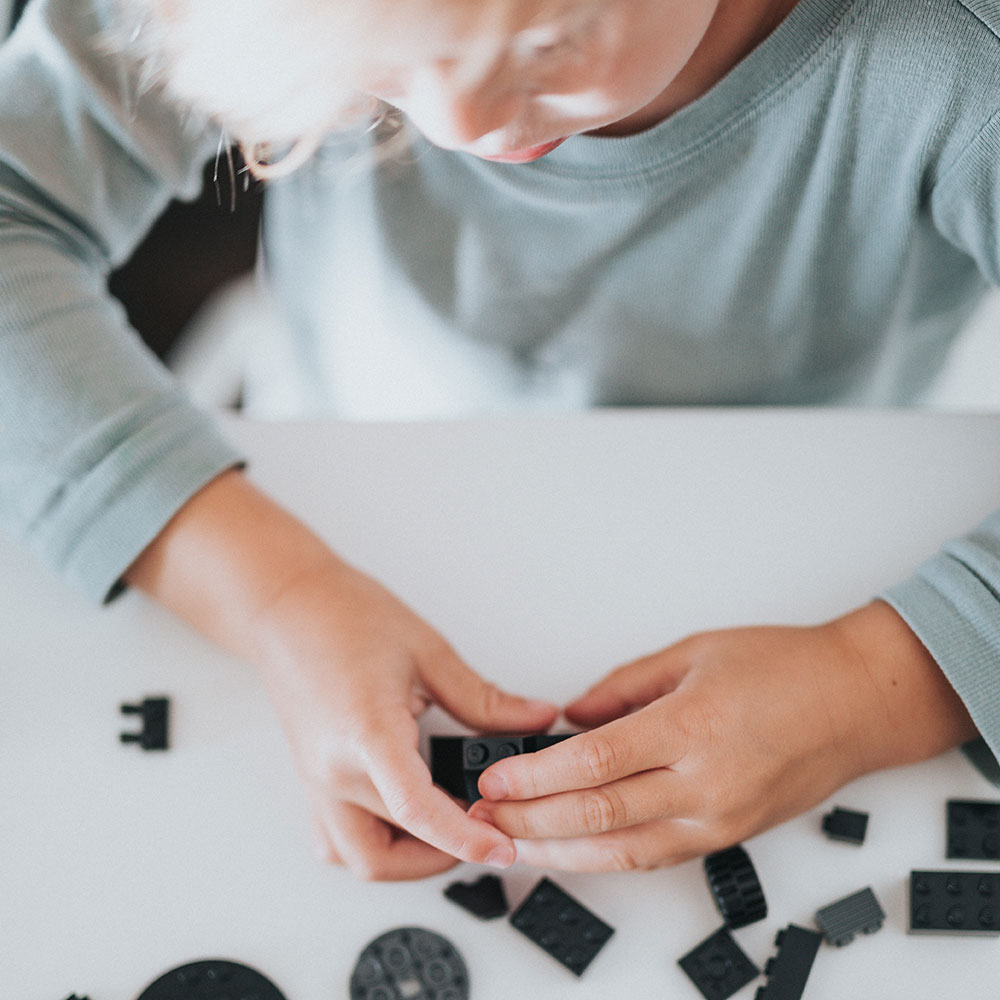
Physical Health and Co-ordination
Physical health and coordination are crucial for a child as they prepare to start school. As children enter school, they will be expected to sit for long periods of time, listen to instructions, and follow directions.
Without good physical health and coordination, a child may struggle to keep up with these demands. Additionally, physical health plays a crucial role in a child's ability to concentrate, learn, and retain information. A healthy diet and regular exercise can help improve a child's physical health, while activities that develop coordination and gross motor skills can improve their overall coordination.
By ensuring that children are physically healthy and coordinated, during our sessions we incorporate gross motor skills and activities that will help give your child the best possible start to their academic journey.
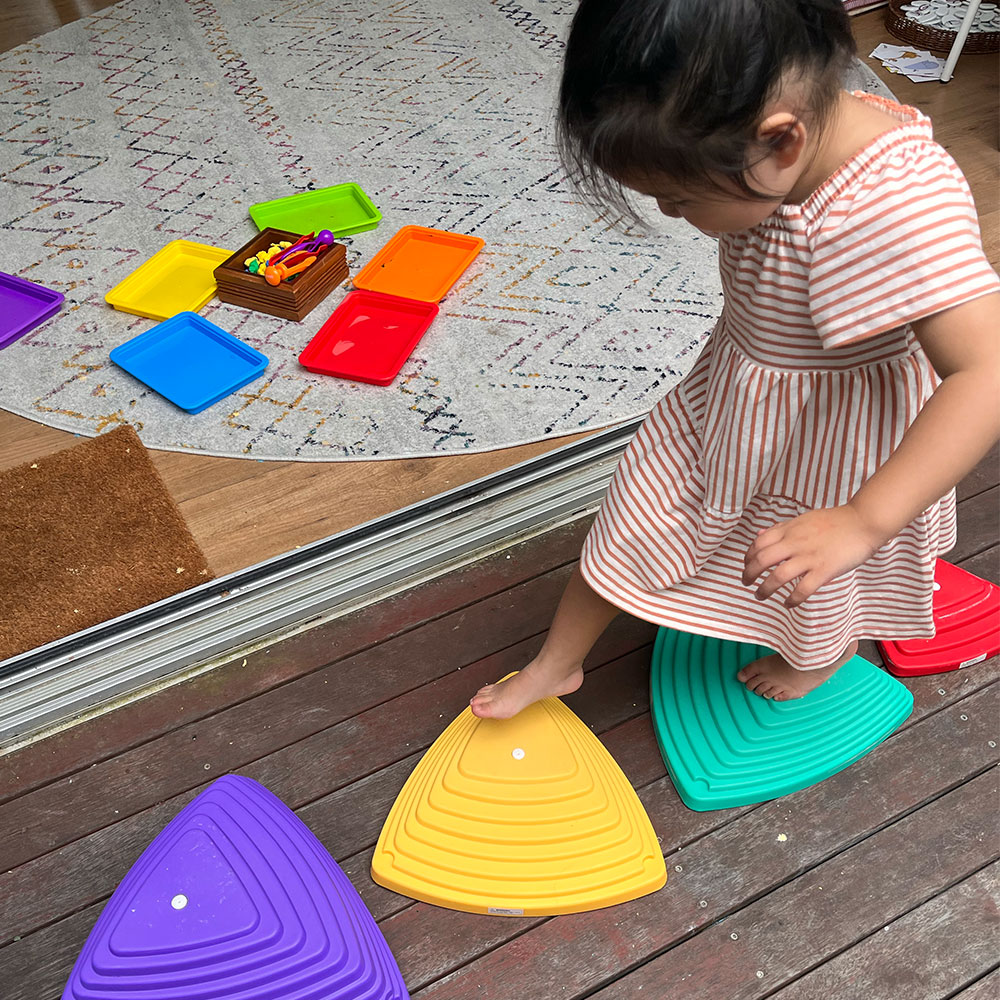
Independence
Independence is crucial for a child's successful transition to school. Starting school is a big step for young children, and being independent can help them feel more confident and capable in this new environment.
Children who are independent can dress themselves, use the bathroom, and manage their own belongings, allowing them to focus on learning and socialising with their peers. Additionally, independence can help children develop important life skills such as problem-solving, decision-making, and self-regulation, all of which are essential for academic success.
By fostering independence in children before they start school, it can set them up for a smooth transition and a strong foundation for future learning.

Cost per session: $62+gst for a 1.5 hour drop and go session
Our term runs in line with NSW School term dates and term fees are payable in advance of the term commencing.
